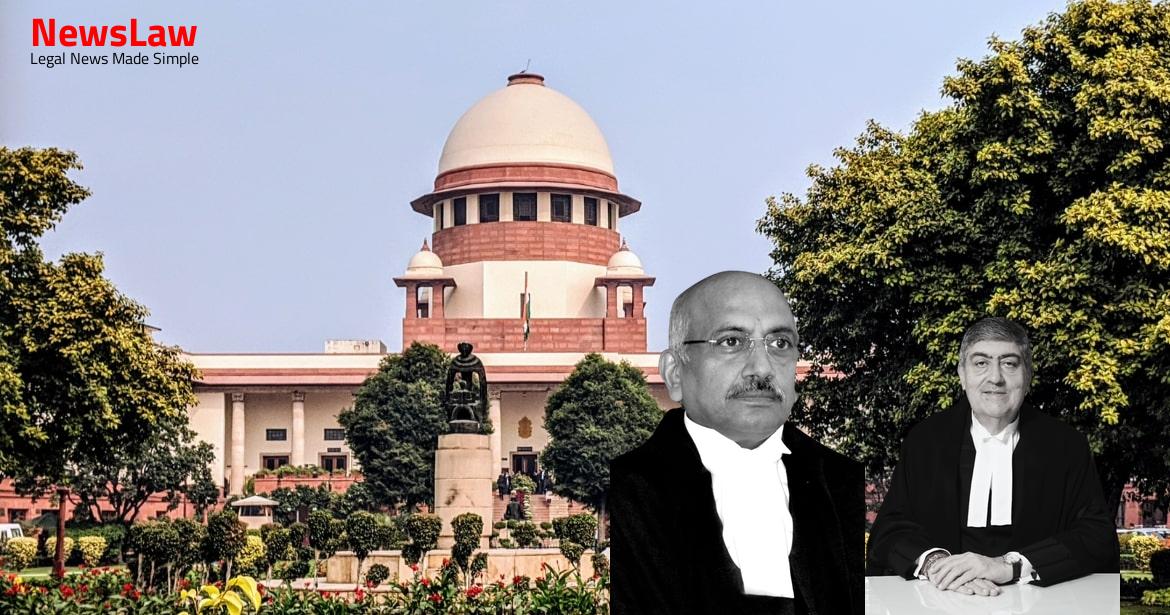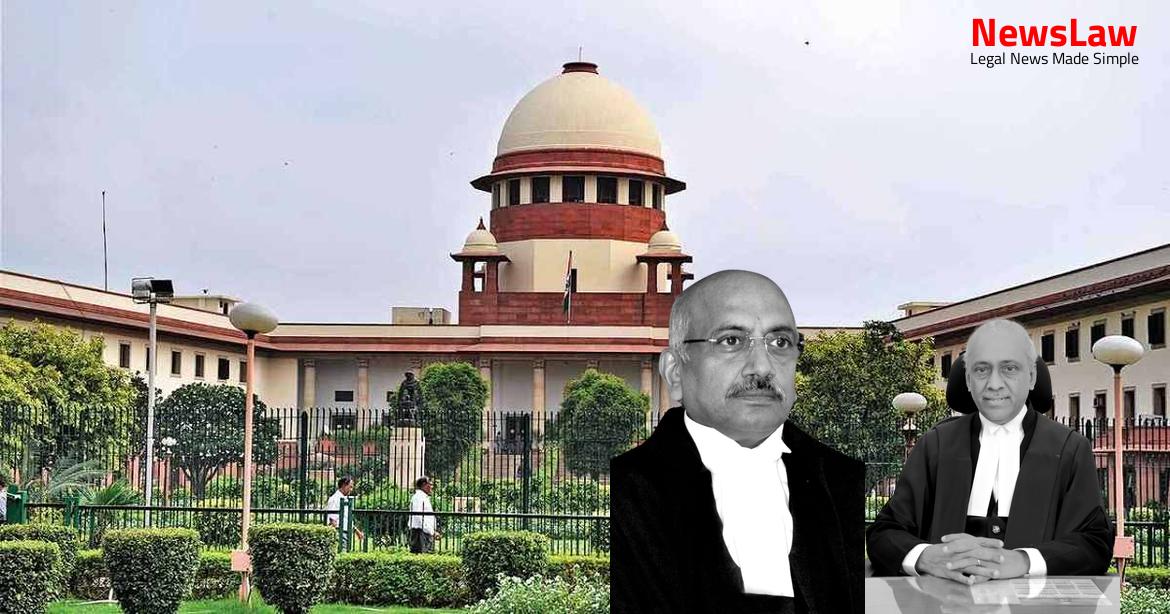In order to decide the issue raised in these appeals, we are required to refer to the facts in brief: 2.1 In April 2016, Bharti Airtel Limited and Bharti Hexacom Limited J U D G M E N T entered into eight spectrum trading agreements with Aircel Limited and Dishnet Wireless Limited for purchase of the right to use the spectrum allocated to the latter in the 2300 MHz band. As the Aircel entities did not have the means to procure and submit the bank guarantees for approximately Rs.453.73 crores, they approached the Airtel entities to submit bank guarantees on their behalf to the DoT. 3 TDSAT vide order dated 9 January 2018 held that the DOT’s demand of Rs.298 crores against the Aircel entities was untenable, and directed the DoT to return the bank guarantees to the Aircel entities.
The balance amount of Rs.145.20 crores was set-off by the Airtel entities on the ground that this amount was owed by the Aircel entities to the Airtel entities. 10 By the letter dated 12 January 2019, the Resolution Professional for Aircel Limited, Dishnet Wireless Limited and Aircel Cellular Limited, wrote to Bharti Airtel Limited, stating that they had suo moto adjusted an amount of Rs.112.87 crores from the amount of Rs.453.73 crores payable by Airtel entities to Aircel entities, consequent to the discharge and cancellation of the bank guarantees. 11
The Airtel entities thereupon approached the Adjudicating Authority in Mumbai, who, vide order dated 1 May 2019 held that the Airtel entities had a right to set off Rs.112.87 crores from the payment, which was retained, and due and payable to Aircel entities.
The former focuses on the practical effect of set-off which results in discharge of reciprocal obligations, while the latter focuses on set-off pleaded as a defence to a claim, albeit not as a ‘sword’.
At least five different meanings can be ascribed to the term ‘set-off’, namely, (a) statutory or legal set-off; (b) common law set-off; (c) equitable set-off; (d) contractual set-off; and (e) insolvency set-off.
Being consensual, when expressly stated, the normal rules of set-off regarding mutuality of credits or debts, liquid debts, and connected debts – aspects relevant and noticed below while dealing with statutory/legal set-offs or even insolvency set-off – may not apply. There are earlier judgments in common law countries that suggest that courts may rely on the equitable foundations of set-off to relax the evidentiary burden required to prove an agreement to set-off. However, the claim for an equitable set-off must have a connection between the plaintiff’s claim for the debt and the defendant’s claim to set-off, which would make it inequitable to drive the defendant to a separate suit.
We need not examine in detail the law as applicable to insolvency set-off in the United Kingdom for the present decision, albeit it is relevant to state that they are broader and wider than the provisions of equitable set-off.
In the present case we are examining and concerned with the provisions as applicable to the Corporate Insolvency Resolution Process in Chapter II Part II of the IBC, which consists of the compendium of Sections from 6 to 32A of the IBC. Unlike the provisions of the Companies Act, 1956 or the Companies Act, 2013, IBC in the case of Corporate Insolvency Resolution Process does not give the indebted creditors the right to set-off against the corporate debtor. Section 36(4) in Chapter III Part II of the IBC deals with the exclusion of assets that do not form part of the liquidation estate. Section 36(4) permits the Insolvency and Bankruptcy Board of India to specify assets which could be subject to set-off on account of mutual dealings between the corporate debtor and the creditor. Notwithstanding the omission in the Liquidation Regulations to refer to Section 36(4) of the IBC, set-off on account of mutual dealings is permitted in terms of Regulation 29 of the Liquidation Regulations.
The insolvency set-off regime in the United Kingdom is wider than statutory/legal set-off or equitable set-off.
We must also note that the provisions of Section 323 of the Insolvency Act, 1986, as applicable in the United Kingdom uses the expressions “mutual credits, mutual debts, or other mutual dealings between the bankrupt and any creditor of the bankrupt, proving or claiming to prove for a bankruptcy debt.” Further, Rule 2.85 of the Insolvency Rules, 1986, applicable to the administration, which is similar to the Corporate Insolvency Resolution Process, states that at the time of distribution, only the balance (if any) of the account held by the creditor is provable in the administration.
Rory Derham observes that the insolvency set-off section not being expressly applicable to a company voluntary arrangement, any set-off, in the absence of contractual right of set-off, does not apply. Jurong Aromatics Corp Pte Ltd and Others observes that the requirement of mutuality will fail in respect of prior claims against the debtor company, where the receiver (read – Resolution Professional) carries on business of the debtor company under a specific agreement to which the creditor and the corporate debtor are also parties. The court observed that it is not necessary that the claim and cross- claim should arise on the same contract, albeit it should be a close and inseparable relationship or connection between the dealings and the transactions which give rise to the respective claims, such that it would offend one’s sense of fairness or justice to allow one’s claim to be enforced without regard the other. In the context of mutual dealings, it observes that mutuality can exist when there are even several distinct and independent transactions, albeit between the same parties functioning in the same right or capacity.
Mutual dealings are not so much concerned with the nature of the claims, but with the relationship and apposite identity of the parties giving rise to the respective claims, such that it would offend one’s sense of fairness or justice to allow one to be enforced without regard to the other. Further, a debtor cannot, after notice of assignment of his debt by the creditor, improve his position as regards set-off by acquiring debts incurred by the assignor creditor which are payable to a third party. Apart from the pari passu principle which refers to treating creditors of the same class in the same manner, the United Kingdom insolvency law also relies on the common law principle of anti- deprivation. Both, the pari passu principle and the anti-deprivation principle sprout from the common ground that parties cannot contract out of an insolvency legislation. The IBC is a complete code in itself, except where it refers and permits application of the provisions of other enactments, as has been consistently held by this Court in Indian Overseas Bank v.
Provincial Insolvency Act, 1920 did not apply to the Corporate Insolvency Resolution Process stage. Therefore, if a debtor’s title to sue is impeached before the Corporate Insolvency Resolution Process is set into motion, so should the title of the Resolution Professional, who in terms of Section 25 of the IBC has the duty to preserve and protect assets of the corporate debtor, including continuing the business operations of the corporate debtor. The second exception will be in the case of ‘equitable set-off’ when the claim and counter claim in the form of set-off are linked and connected on account of one or more transactions that can be treated as one.
Also Read: https://newslaw.in/?p=680
When transactions are closely connected, a claim for transactional set-off during the moratorium period on a claim by the Resolution Professional, is by way of a defence to protect the legitimate expectation and respect legal certainty. 64 crores which was due and payable by the corporate debtor Aircel entities under the operational services agreement, the SMSs services agreement, and the interconnect usage agreements prior to commencement of the Corporate Insolvency Resolution Process from the dues payable by the corporate debtor (Aircel entities) to the Airtel entities. In the said case, British Eagle went into liquidation and were net debtors to the clearing house.
– xx xx xx (2) The resolution professional shall examine each resolution plan received by him to confirm that each resolution plan- (b) provides for the payment of debts of operational creditors in such manner as may be specified by the Board which shall not be less than— xx xx xx ( ii ) the amount that would have been paid to such creditors, if the amount to be distributed under the resolution plan had been distributed in accordance with the order of priority in sub-section (1) of Section 53, xx — (1) Notwithstanding anything to the contrary contained in any law enacted by the Parliament or any State Legislature for the time being in force, the proceeds from the sale of the liquidation assets shall be distributed in the following order of priority and within such period and in such manner as may be specified, namely— ( a ) the insolvency resolution process costs and the liquidation costs paid in full; ( b ) the following debts which shall rank equally between and among the following— ( i ) workmen’s dues for the period of twenty-four months preceding the liquidation commencement date; and ( ii ) debts owed to a secured creditor in the event such secured creditor has relinquished security in the manner set out in Section 52; ( c ) wages and any unpaid dues owed to employees other than workmen for the period of twelve months preceding the liquidation commencement date; ( d ) financial debts owed to unsecured creditors; ( e ) the following dues shall rank equally between and among the following:— ( i ) any amount due to the Central Government and the State Government including the amount to be received on account of the Consolidated Fund of India and the Consolidated Fund of a State, if any, in respect of the (3) The fees payable to the liquidator shall be deducted proportionately from the proceeds payable to each class of recipients under sub-section (1), and the proceeds to the relevant recipient shall be distributed after such deduction.
Case Title: BHARTI AIRTEL LIMITED Vs. VIJAYKUMAR V. IYER (2024 INSC 15)
Case Number: C.A. No.-003088-003089 / 2020



